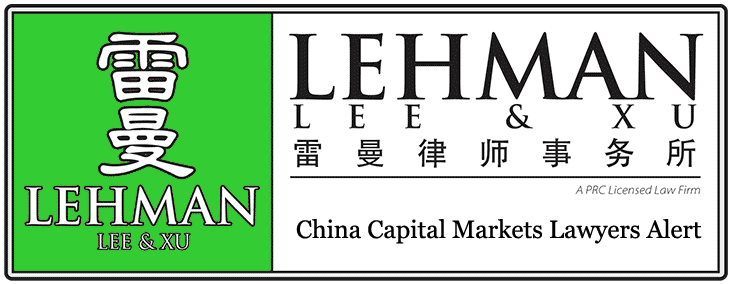HONG KONG (MarketWatch) — With Hong Kong’s Hang Seng Index on a downtrend and the Shanghai Composite Index ending Wednesday at a fresh 3-1/2-year closing low, opinions in the analyst community are divided over whether further stimulus can help reboot China’s economic growth and resuscitate the stock market.
Nomura Asia strategist Michael Kurtz is in the more bullish camp, saying Tuesday that interest-rate cuts unveiled by the People’s Bank of China (PBOC) in June and July should begin lifting the economy by October, following the four to six month lag before easing measures typically begin to be reflected in real activity.
Kurtz also pointed to spending plans unveiled by local governments in July and August as a form of stimulus that would entail a similar lag before kicking in.
“By China’s September-October data releases ... the growth boost should be clear enough to shock stocks from their stupor,” he said.

Kurtz noted that China’s stock market continued to drop following the PBOC’s rate cuts, a development he described as “equities’ seeming unwillingness to give the benefit of the doubt on the eventual effectiveness of China’s gathering monetary and fiscal stimulus.”
Nomura is generally upbeat on China and other markets in North Asia, and is advising investors to take buying opportunities in the regional share markets in spite of the downward drift.
On the other side of the debate, Daiwa Capital Markets economist Kevin Lai sees little evidence so far that China’s economy is responding to the recent round of cuts.
Lai noted the weakening trend in China’s key manufacturing indexes showed an acceleration in August. Shipments to China from Southeast Asia and Australia, considered a good, leading gauge of commodity demand in China, were also weakening.
“Investors have underestimated the impact of the European crisis on Asia and the weaknesses within Asia,” Lai said.
Lai worries that previous rounds of government stimulus added so much new money to the system that it damaged the economy, making it now nearly impossible to get up a head of steam before inflationary headwinds knock back growth.
“Inflation is a common complaint, whether food or rental inflation. It’s killing a lot of real purchasing power, a lot of real demand,” Lai said.
An HSBC survey released Wednesday that tracks activity in China’s services industry indicated growing pessimism among respondents, with many citing rising average costs while selling prices were little changed.
Lai believes Hong Kong and Singapore are likely to slip into technical recessions in the third quarter, with the gloomy environment already seen in slowing retail sales from levels of a few months earlier.
He advised investors to seek refuge in the U.S. dollar in what he described as a flight to safety in a deepening downturn for Asian markets.
Web link:
http://articles.marketwatch.com/2012-09-05/markets/33617302_1_stock-market-daiwa-capital-markets-kevin-lai |

